


The Union Cabinet, chaired by Prime Minister Narendra Modi, has approved the BioE3 Biotechnology for Economy, Environment and Employment Policy which aims to drive innovation and accelerate India's transition to a Net Zero carbon economy. This policy will also support the government's initiatives towards a sustainable and circular bioeconomy. With a focus on strategic sectors such as high value bio-based chemicals, precision biotherapeutics and climate resilient agriculture, the BioE3 Policy aims to foster a more resilient biomanufacturing ecosystem and promote job creation.
Biotechnology for Economy, Environment, and Employment (BioE3): India's Vision for a Sustainable Future
Background
Biotechnology has emerged as a transformational force with the potential to revolutionize various sectors of the economy, including healthcare, agriculture, and manufacturing. Recognizing its immense value, the Indian government has unveiled the BioE3 Biotechnology for Economy, Environment, and Employment Policy.
Goals of the BioE3 Policy
The BioE3 Policy aims to drive innovation and accelerate India's transition to a Net Zero carbon economy. It also seeks to support the government's initiatives towards a sustainable and circular bioeconomy. The policy's key objectives include:
Benefits of BioE3
The implementation of the BioE3 Policy is expected to yield numerous benefits, including:
Top 5 FAQs
1. What is the role of biotechnology in the Indian economy?
Biotechnology plays a crucial role in sectors such as healthcare, agriculture, and manufacturing. It has the potential to drive innovation, create jobs, and address societal challenges such as climate change and disease.
2. How will the BioE3 Policy support strategic sectors?
The BioE3 Policy provides incentives and support for strategic sectors such as high value bio-based chemicals, precision biotherapeutics, and climate resilient agriculture. It aims to foster collaboration between industry, academia, and research institutions to accelerate innovation and commercialization.
3. What are the environmental benefits of the BioE3 Policy?
The BioE3 Policy promotes the use of sustainable feedstocks, waste reduction, and energy efficiency in the biomanufacturing process. It aims to reduce greenhouse gas emissions and contribute to a Net Zero carbon economy.
4. How will the BioE3 Policy impact agriculture?
The BioE3 Policy supports the development of climate resilient crops, precision agriculture technologies, and bio-based fertilizers. It seeks to enhance agricultural productivity, reduce crop losses, and ensure food security.
5. What are the past developments related to biotechnology in India?
India has a rich history of biotechnology research and development. Notable achievements include the development of the world's first recombinant hepatitis B vaccine, the establishment of the National Centre for Biological Sciences, and the launch of the Indian Human Genome Variation Project.
Conclusion
The BioE3 Biotechnology for Economy, Environment, and Employment Policy is a bold and visionary initiative that has the potential to transform India into a global leader in biotechnology. By leveraging innovation, promoting collaboration, and supporting strategic sectors, the government aims to create a sustainable and inclusive economy that benefits both the present and future generations.

In a digitized effort, Chief Minister Devendra Fadnavis transferred a grant of ₹25 crore to 560 gaushalas across the state under the Desi Cow Conservation Scheme. This first phase of the scheme will benefit over 56,000 indigenous cows for their upkeep. Fadnavis emphasized the importance of preserving indigenous cows for rural development and praised the initiative taken by the Maharashtra Goseva Commission. With lower milk productivity, these cow shelters play a vital role in providing necessary care for non-milking and unproductive cows, making the scheme a major relief for them.

Samajwadi Party chief Akhilesh Yadav criticized the BJP for taking 10 months to select a national president, while Amit Shah countered by pointing out dynastic practices among opposition parties. Reports suggest that the BJP will announce its new national president by the third week of April to replace JP Nadda. Nadda's tenure was extended until June 2024, but the new president will still be chosen after a process involving the party's 12-13 crore members.
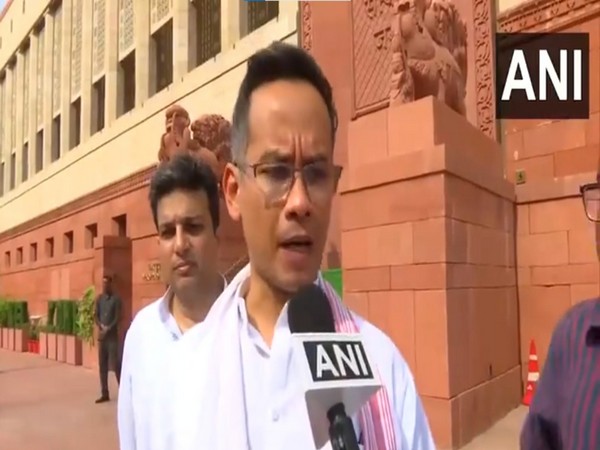
Congress MP Gaurav Gogoi vehemently opposes the Waqf amendment bill during a Lok Sabha discussion, stating that it is an attack on the foundation of Parliament and the Constitution. He also alleges that the government has ulterior motives for pushing the amendment, including diluting the Constitution, defaming minorities, dividing society, and disenfranchising the minority community. He questions the timing of the amendment and accuses the BJP-led government of restricting religious freedoms in India.
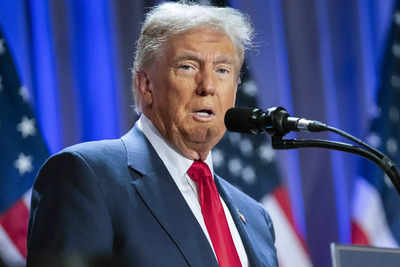
US President Donald Trump has sparked controversy by hinting at ways to stay in power beyond his second term. While the 22nd Amendment limits presidential terms to two, Trump believes there are "methods" to get around it. This raises concerns about the sanctity of democracy and the potential for abuse of power. The idea of a third term for any president has been largely rejected in American history, making this a crucial issue to watch.
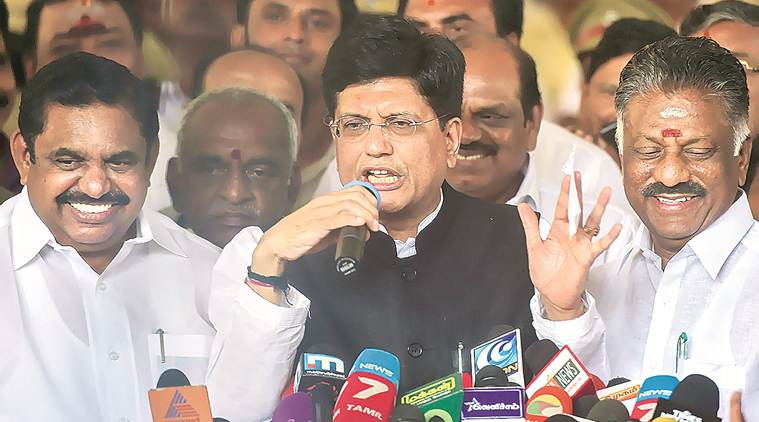
The Indian Express has reported exclusively that the BJP may ask K Annamalai to step down as the party's Tamil Nadu president, in order to avoid having both BJP and AIADMK's state election faces come from the Gounder community. This move is seen as a strategic decision to strengthen the BJP's alliance with AIADMK, as both Annamalai and AIADMK chief Edappadi K Palaniswami belong to this community. Despite his successful leadership style, Annamalai has reportedly been assured of a bright future within the party and has pledged complete loyalty.
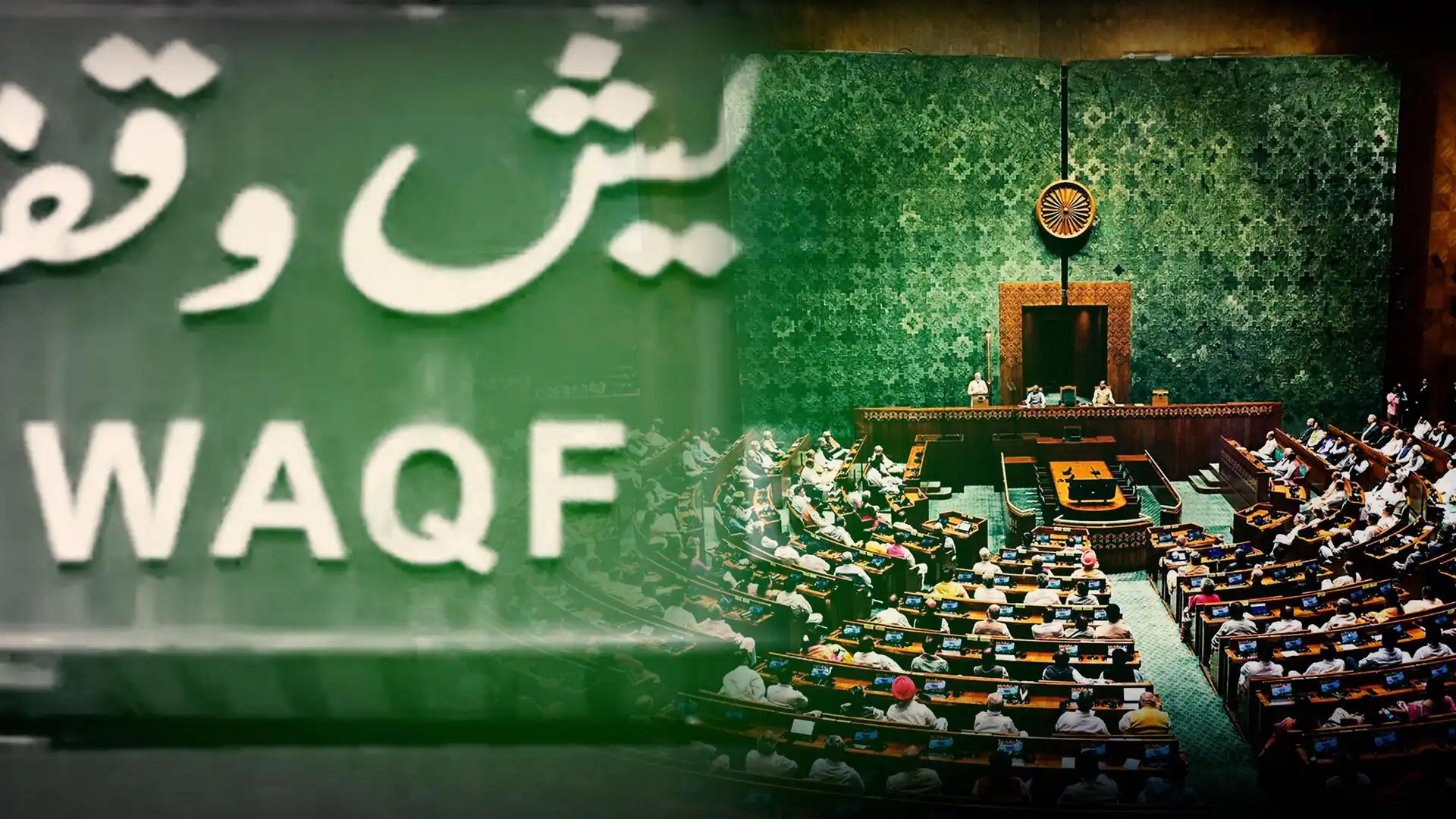
The Lok Sabha braces itself for a heated session as the Centre brings back the divisive Waqf (Amendment) Bill for consideration and passage. The eight-hour debate, agreed upon by leaders from all major parties, could be extended after taking the sense of the House. The previously introduced bill had faced backlash from the Opposition and was sent to a Joint Committee for further scrutiny, leading to clashes over proposed amendments and dissent notes being allegedly redacted. Some of the biggest points of contention include allowing non-Muslims to hold key positions in the Waqf board, giving power to the District Collector to determine ownership of disputed property, and removing the tribunal's final decision clause.

Prime Minister Narendra Modi and Chilean President Gabriel Boric Font held discussions on enhancing bilateral relations between India and Chile, particularly in the economic, commercial, and societal sectors. They also paid tribute to Mahatma Gandhi at Raj Ghat and announced the start of negotiations for a comprehensive economic partnership agreement. The Chilean President is on a five-day state visit to India, accompanied by a high-level delegation.
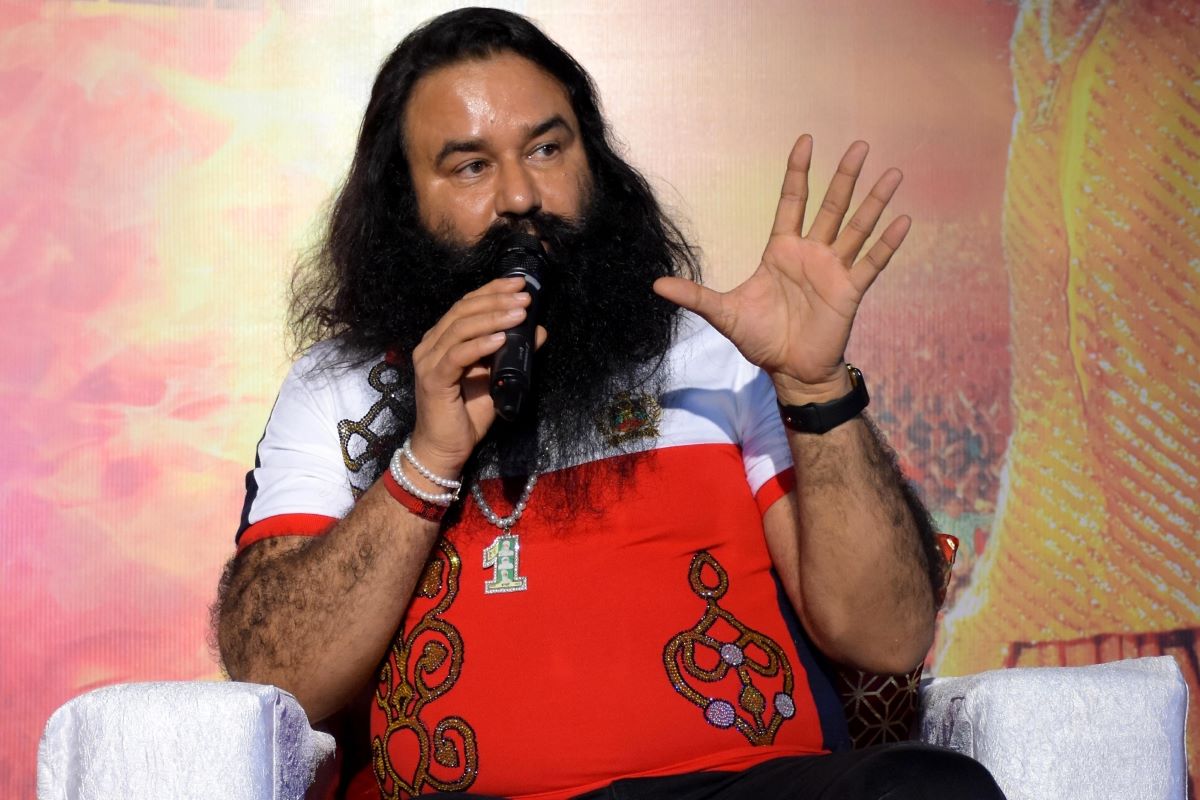
The controversial Godman, Ram Rahim, who is serving a 20-year jail sentence for rape, has been granted a 30-day parole by the Haryana government. His release coincides with the upcoming assembly elections in Delhi, raising questions about the timing of the decision. Ram Rahim's parole last year before the Haryana assembly elections was also met with criticism. With a mass following in Punjab, Uttar Pradesh, and Haryana, the parole has sparked a debate on the influence of religious leaders in politics. IBNS, an objective news agency, strives to provide factual and unbiased news without any biases or agendas.
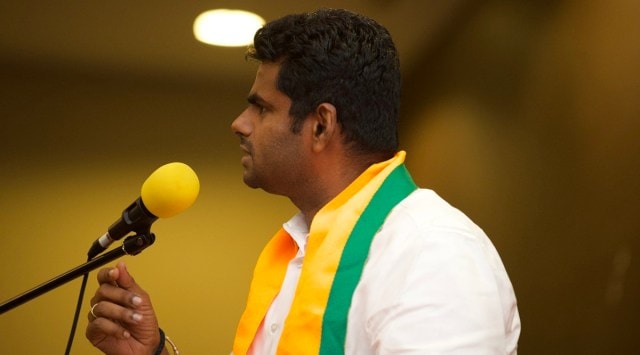
It has been speculated that K Annamalai, the current BJP Tamil Nadu president, may step down from his position as alliance talks between the BJP and AIADMK intensify. The move comes amid concerns over caste equations and the BJP's strategy to consolidate its hold beyond the western region of Tamil Nadu. Sources reveal that Annamalai has expressed complete loyalty to the party and may take on a national role or a different assignment in the state.
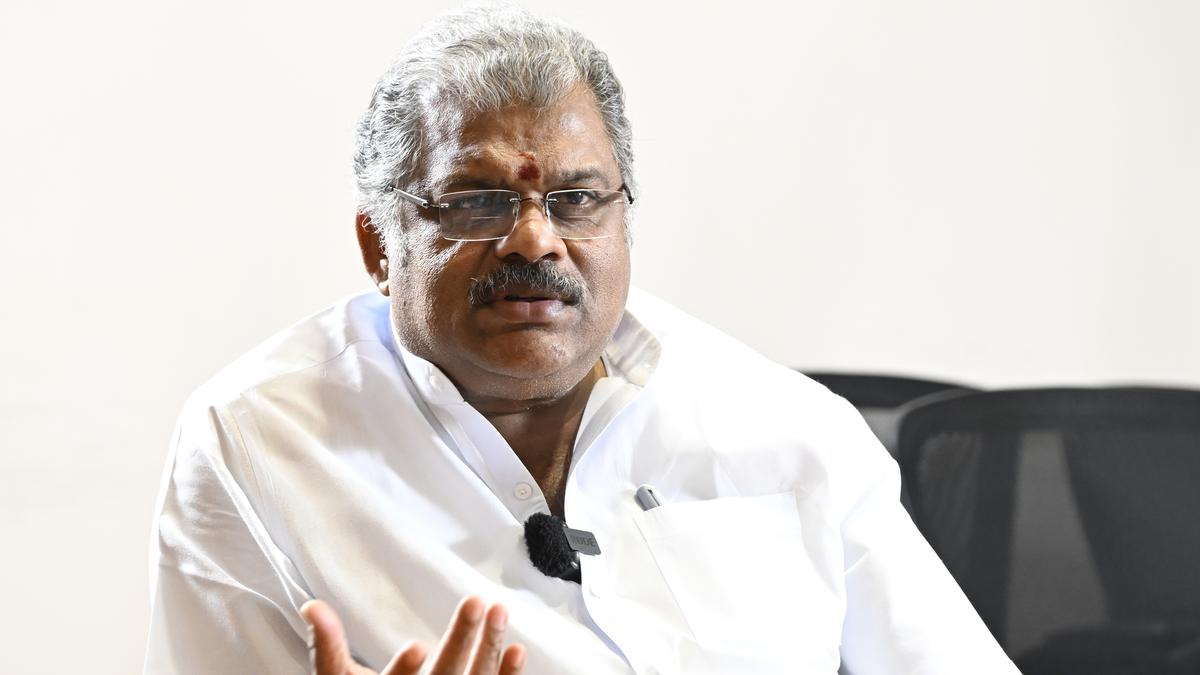
In a scathing attack, Tamil Maanila Congress leader and former Union Minister G.K. Vasan criticized the DMK government in Tamil Nadu for the deteriorating law and order situation in the state. Vasan accused the ruling party of using divisive issues to distract from their failures, corruption, and scams. He demanded a white paper on the alleged Rs 1,000-crore financial fraud involving the state-run corporation responsible for liquor sales. The Enforcement Directorate has conducted raids in connection with suspected financial irregularities, targeting the TASMAC headquarters, distilleries, and liquor contractors.